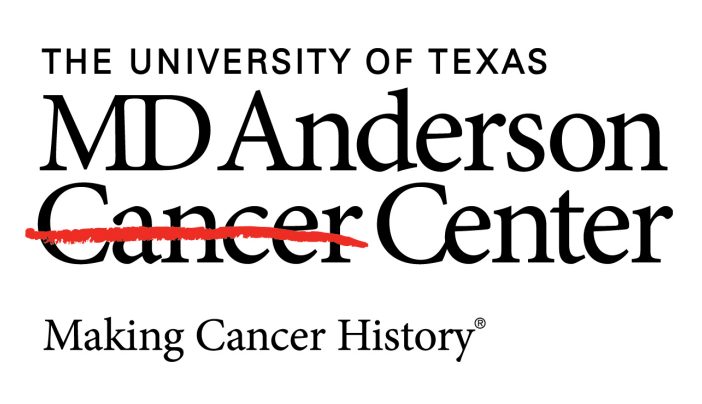
Editor's Note What is reportedly the first technology to allow dynamic, 3D, segmental visualization of anatomy during surgery earned a second 510(k) clearance from the US Food and Drug Administration, according to an April 8 press release from developer Proprio. Designed to let surgeons measure progress during surgery without scrubbing…

Editor's Note Sidney Barbier, a University of Denver senior and competitive cross-country skier, became the first person worldwide to undergo single-port robotic renal vein transposition, marking a breakthrough in treating nutcracker syndrome, The Cleveland Clinic reported April 3. As detailed in the article, the robotic surgery ended a competitive skier’s…

Editor's Note Although cadaver-based education is far from perfect, medical schools should reconsider eliminating these programs for surgeons and other professionals, first-year medical student Nadir Al Saidi argues in a March 31 commentary in Stat. “The weight of an actual body beneath your inexperienced hands is as real a preparation…

Editor's Note Some patients with early-stage breast cancer who achieve a complete response to pre-surgical chemotherapy and radiation may safely avoid surgery, according to a March 27 announcement from The University of Texas MD Anderson Cancer Center. The report details a Phase II trial, published in JAMA Oncology, finding that…

Editor's Note A March 4 study in JAMA Network Open underscores the persistence of the “weekend effect,” a surgical care phenomenon in which the risk of postoperative complications, readmissions and mortality rises immediately before the weekend. The research suggests variations in staffing, resource availability, and care coordination may contribute to…

Editor's Note Using powerful synthetic opioids remifentanil and sufentanil during surgery increases risk of patients suffering during recovery, according to a study in the journal Regional Anesthesia & Pain Medicine. HealthDay reported the news February 27. According to the article, researchers analyzed data from 971 patients who underwent surgery—37% orthopedic…

Editor's Note For the first time in Canada, surgeons aim to restore a patient’s sight by gluing a lens into a removed tooth, temporarily implanting the structure into the cheek to develop a tissue lining, then sewing it onto the front of eye three months later. CTV News reported on…
Editor’s Note Preoperative use of sodium-glucose cotransporter 2 inhibitors (SGLT2i) does not increase the risk of postoperative diabetic ketoacidosis (DKA) in patients undergoing emergency surgery, according to a study published February 19 in JAMA Surgery. These findings challenge the current FDA recommendation to withhold SGLT2i medications for at least three…

Editor’s Note Large language models (LLMs) outperformed traditional methods in predicting postoperative complications, according to a study on artificial intelligence (AI) in perioperative risk assessment published February 11 in the journal Nature. Results indicate AI-driven models could enhance patient safety and streamline clinical workflows by detecting complications earlier. Researchers analyzed…

Editor's Note Researchers at Northwestern University successfully reversed hernias in male mice and restored normal anatomy without surgical intervention, according to a February 5 university announcement. The study also found that human hernia tissue shared the same molecular characteristics observed in the mouse model, suggesting a similar biological mechanism. According…